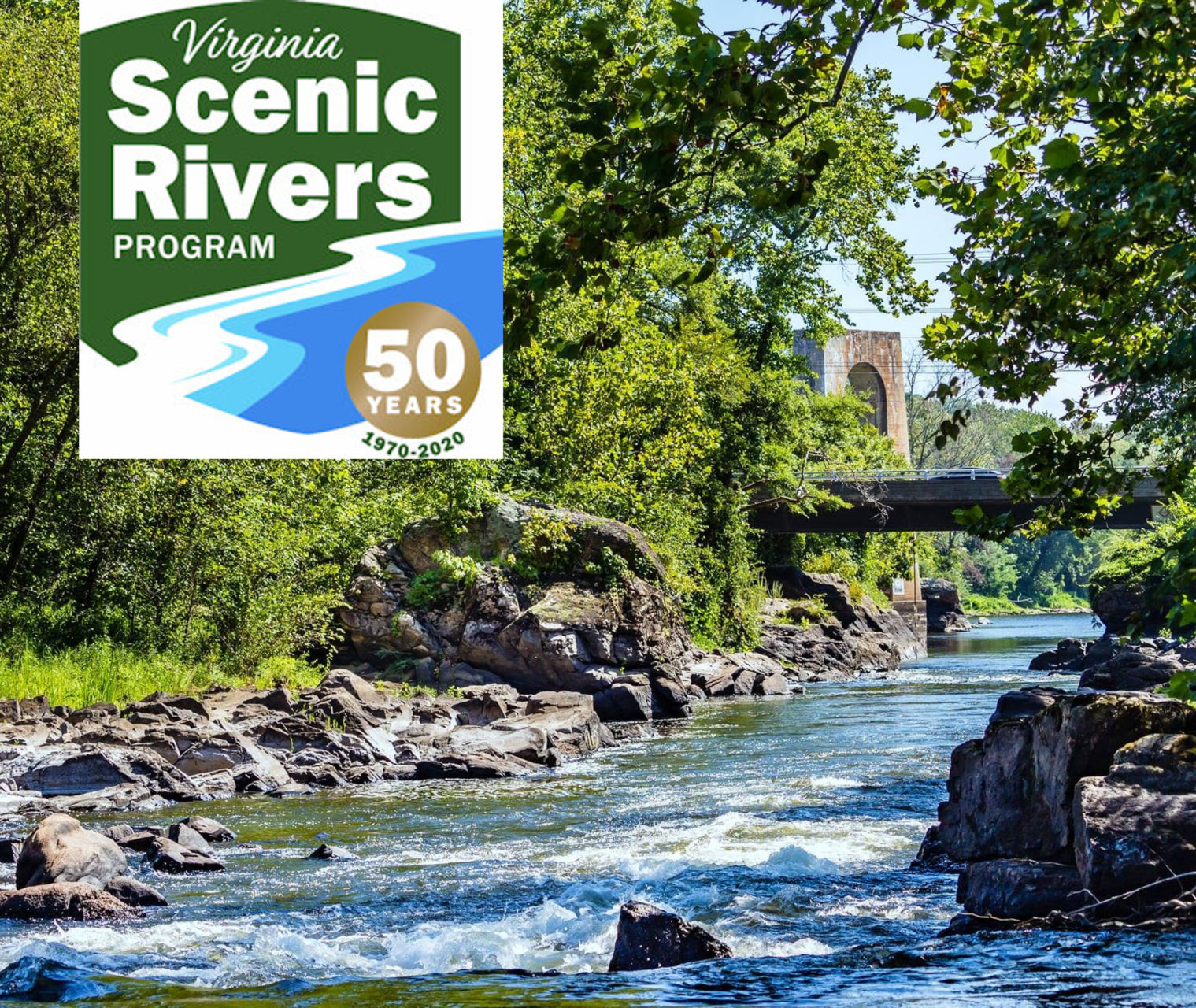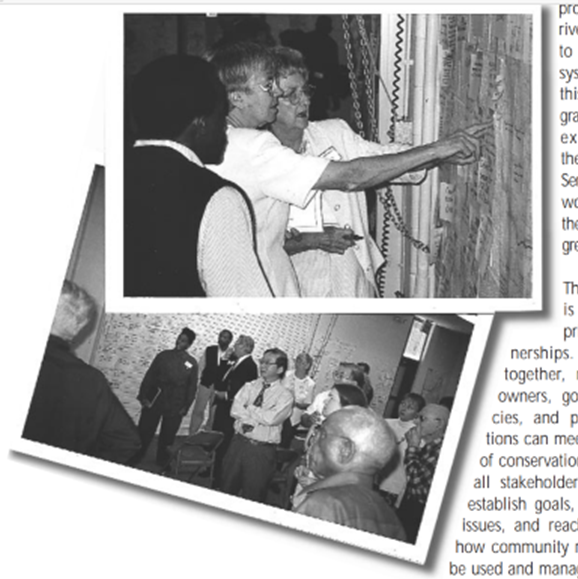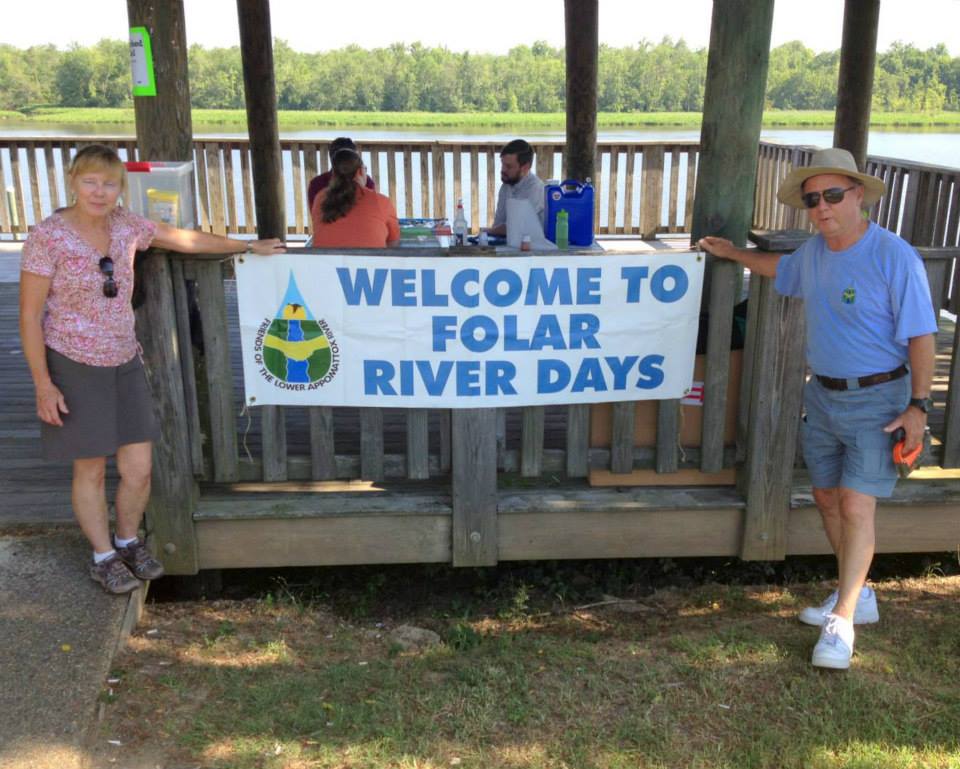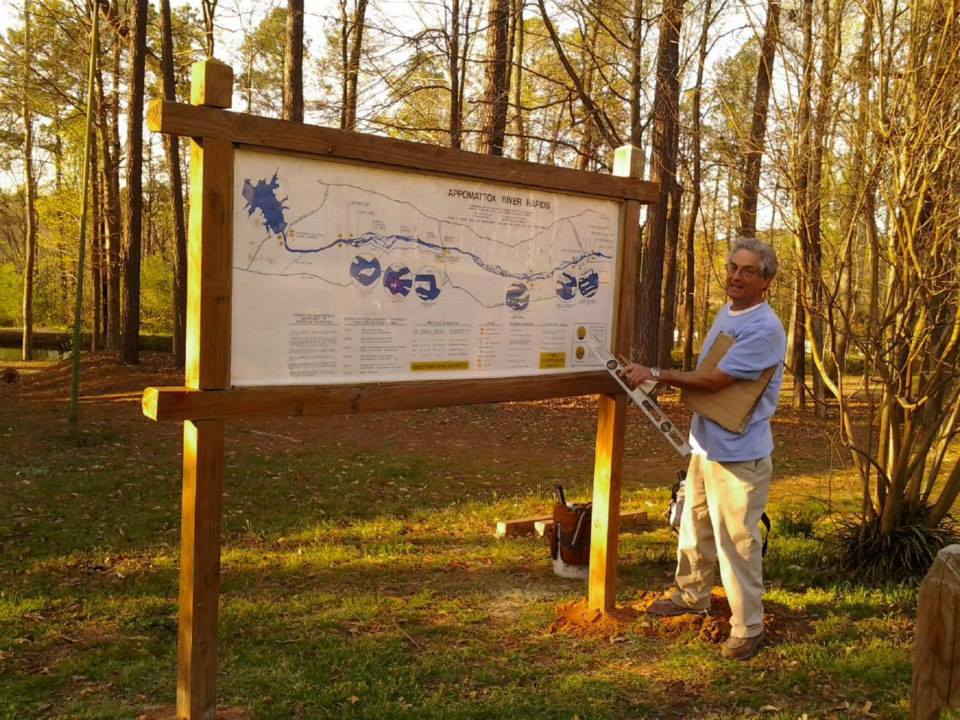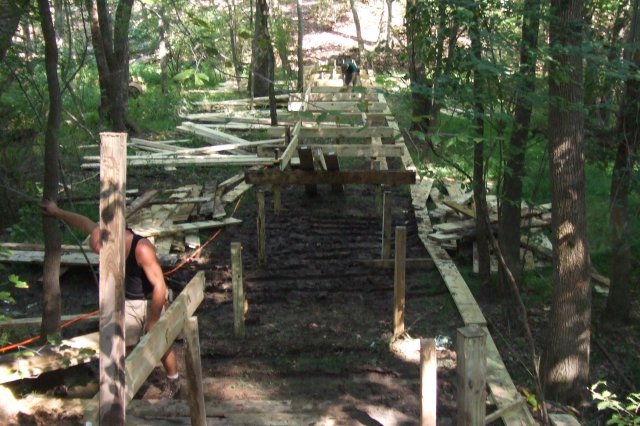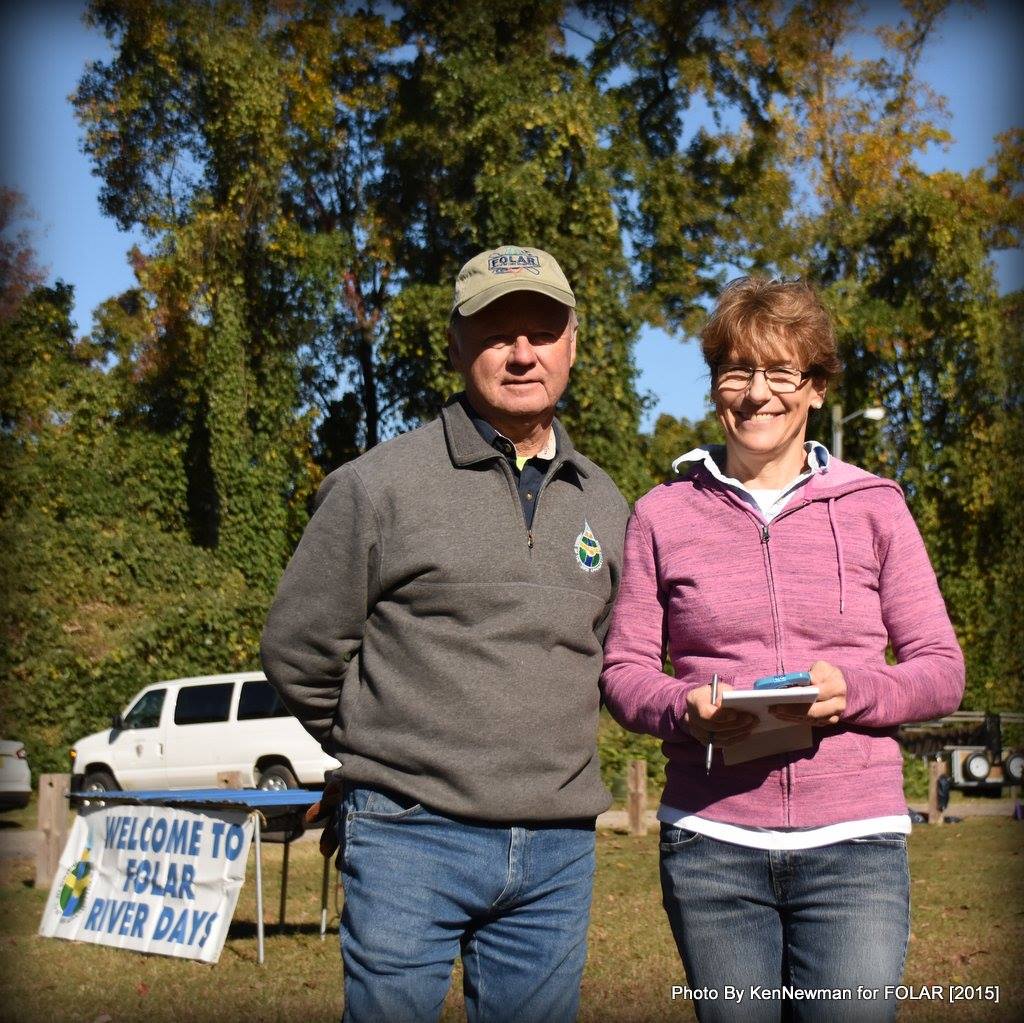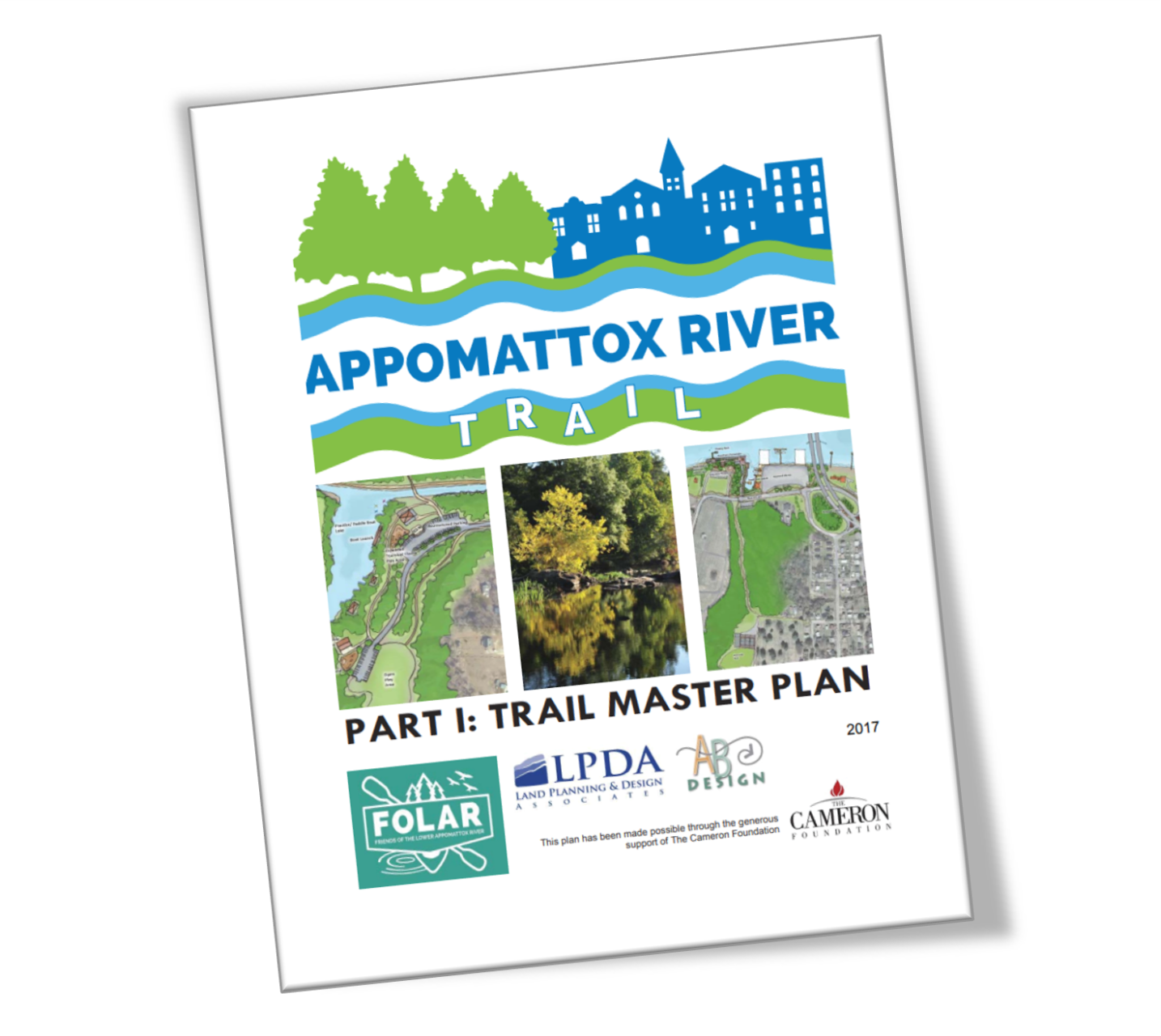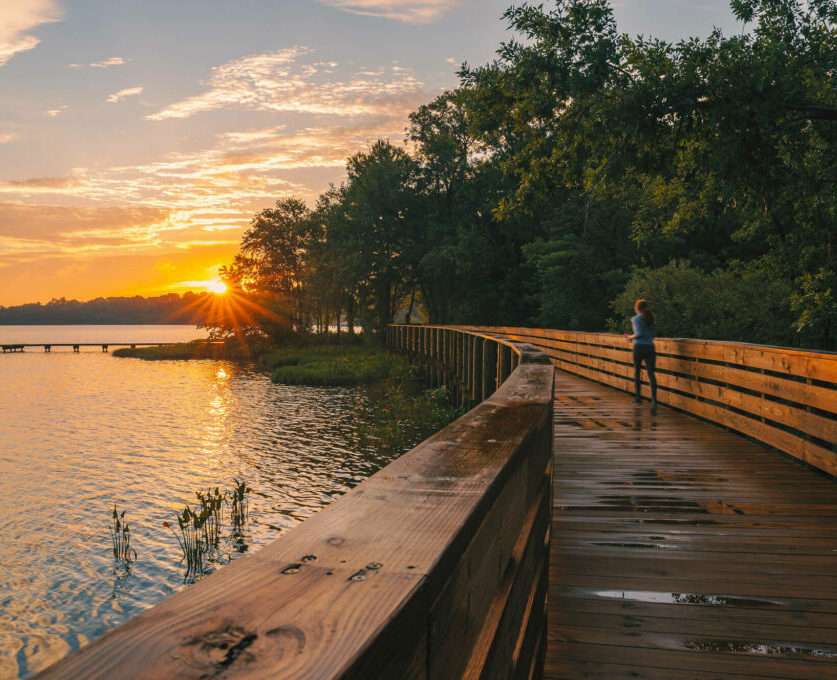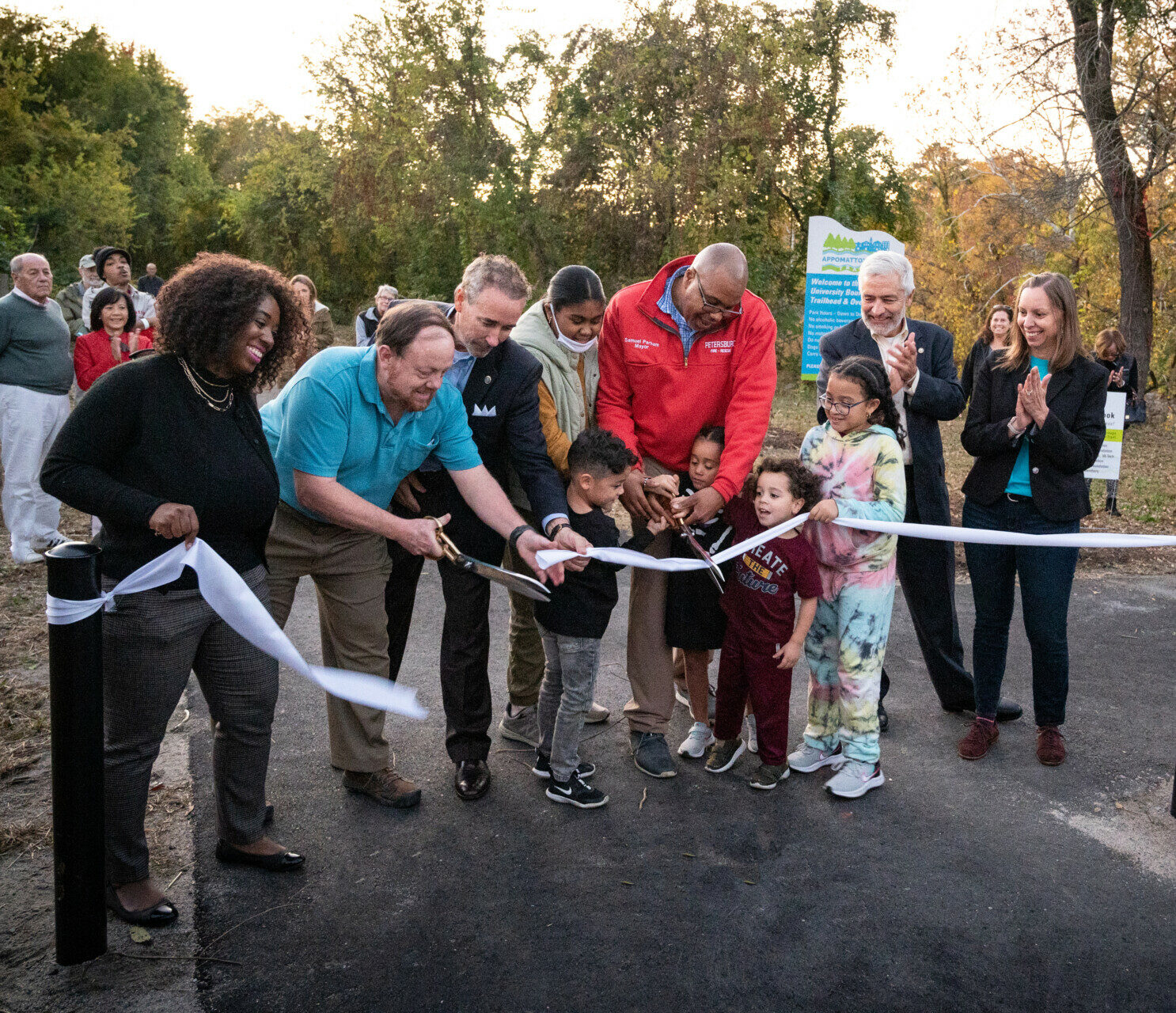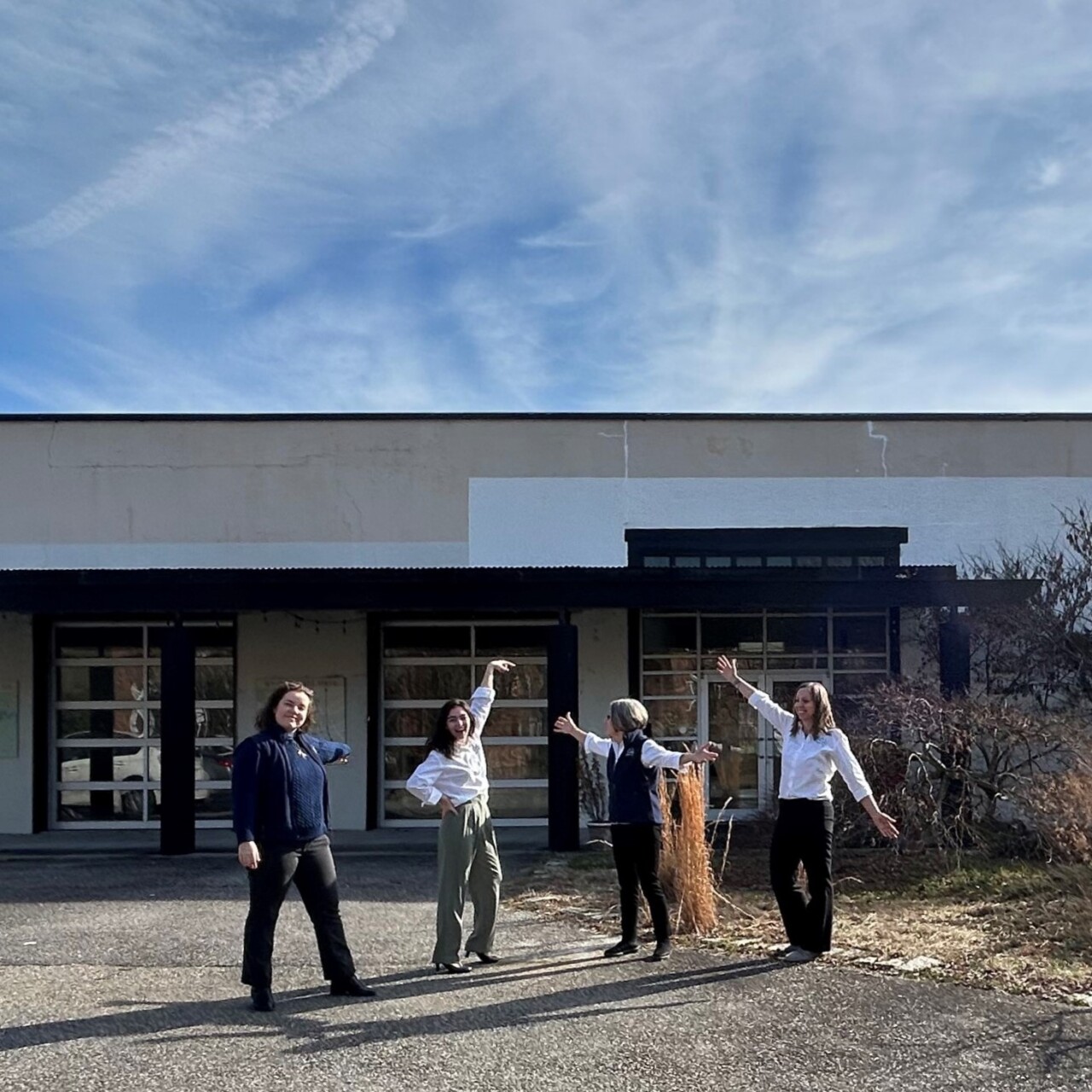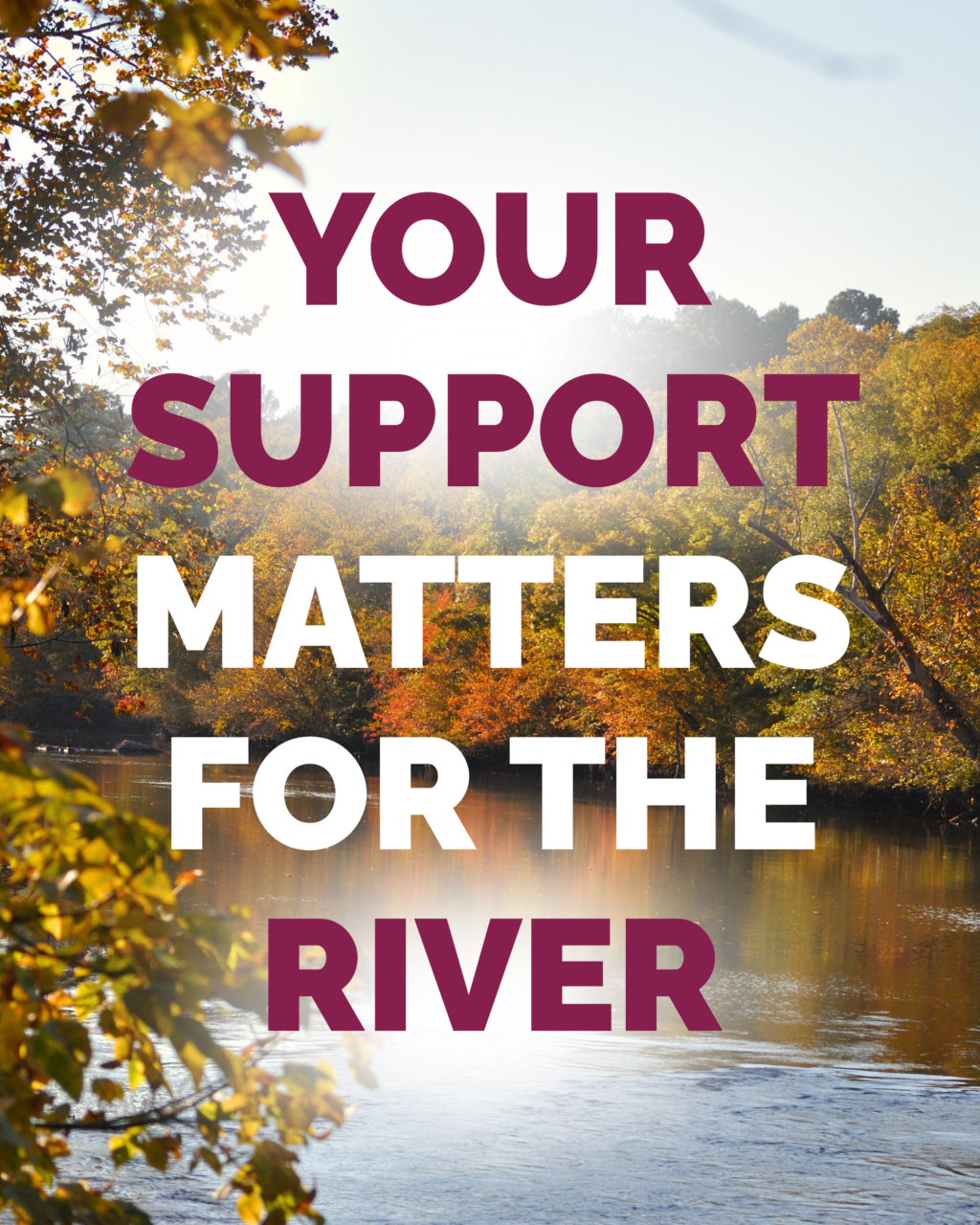1977
The creation of the regional Appomattox River Trail and Park System has long been envisioned. The vision was firmly planted in 1977 by the designation of a section of the upper Appomattox River as a “Virginia Scenic River” by the General Assembly and then extended in 1998 and again in 2011 to designate the entire 25-mile lower Appomattox River, from Lake Chesdin to the convergence with the James River, as a “Virginia Scenic River.” With this designation came increasing regional interest in providing river access along the Appomattox River for public use.

